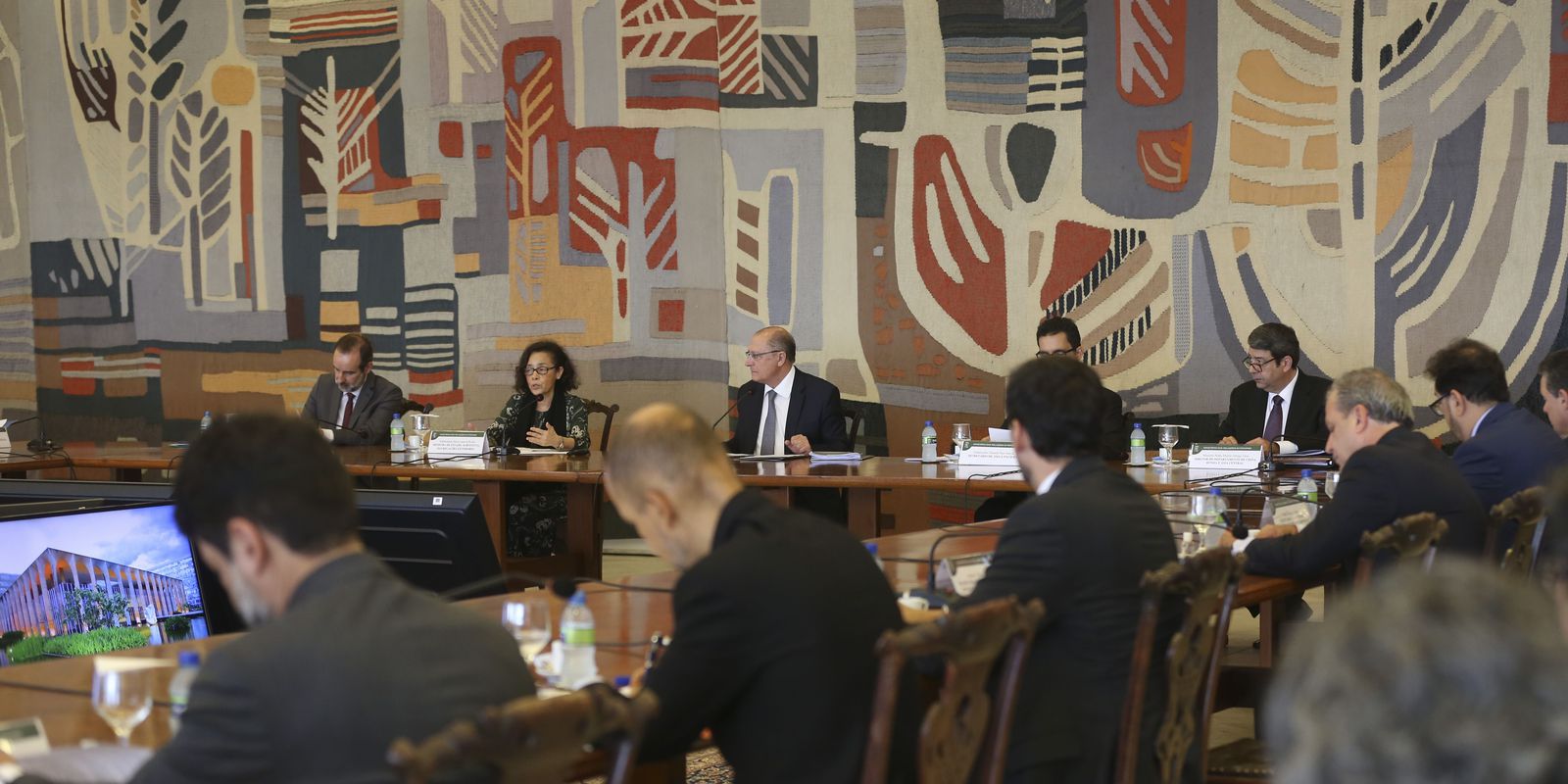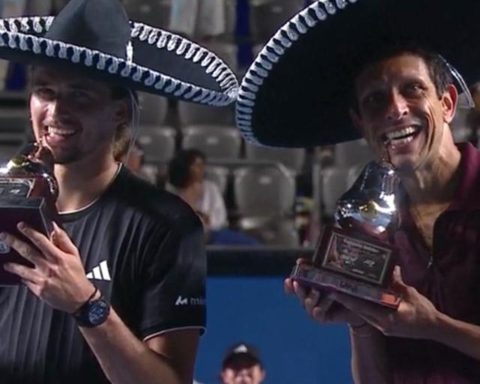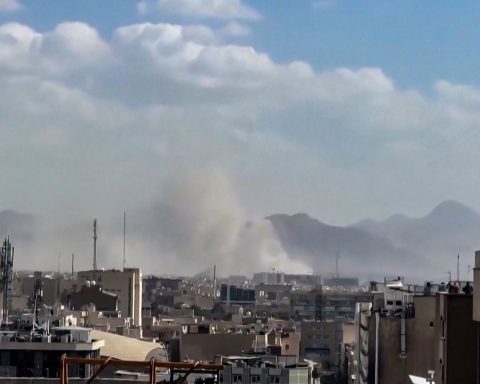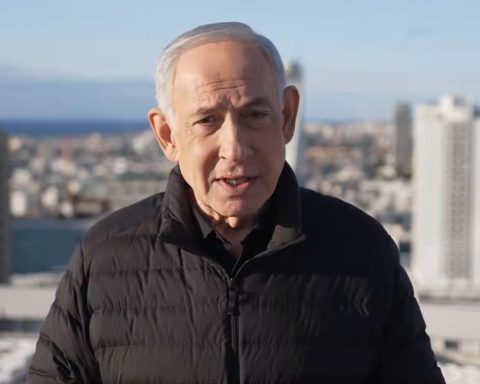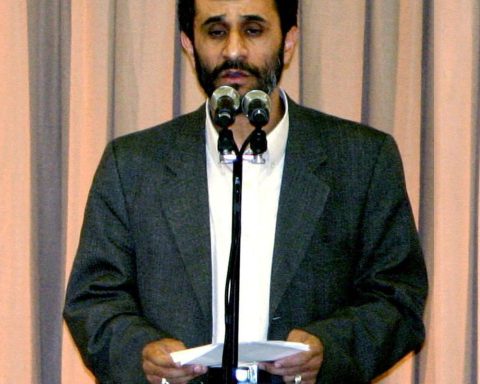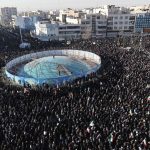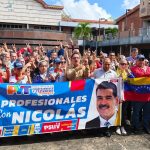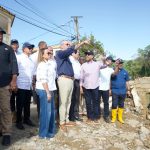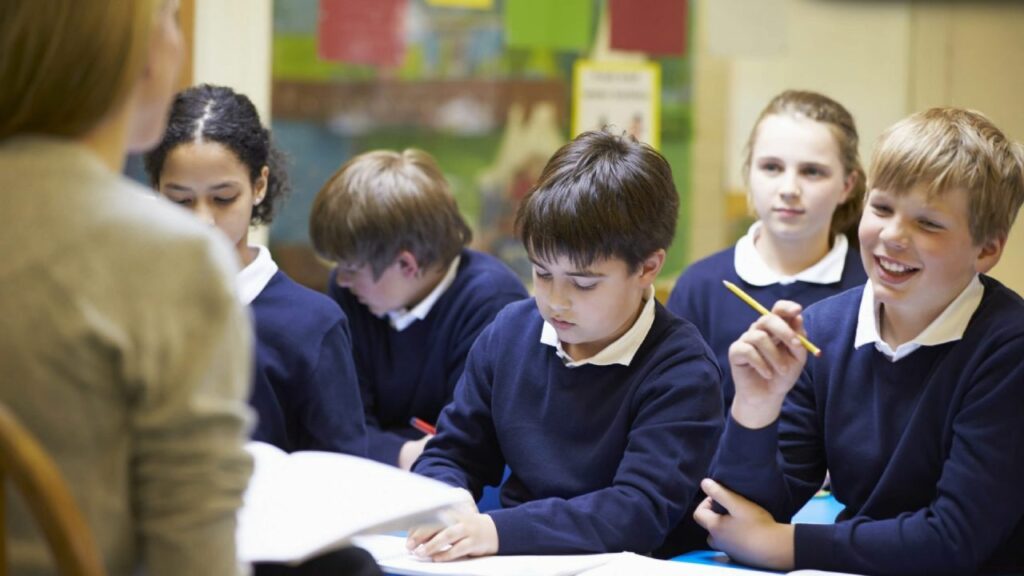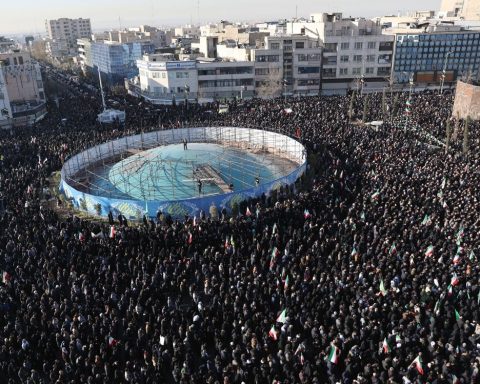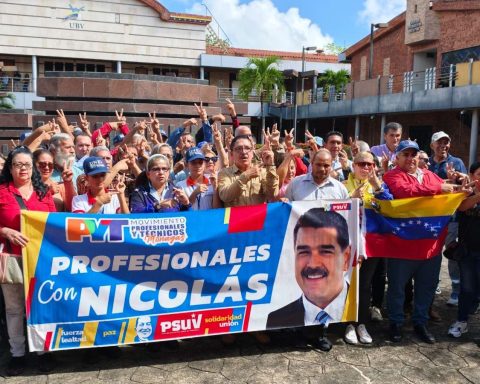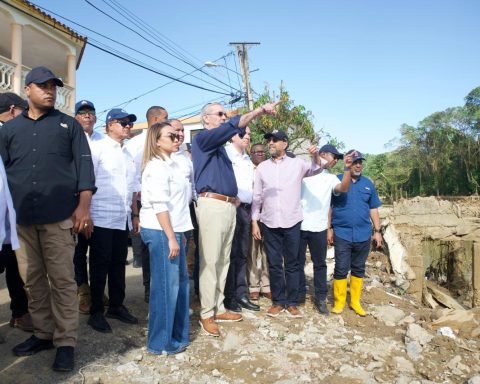The government of President Luiz Inácio Lula da Silva seeks, in expanding trade relations with other countries, to increase its role in the world economy. According to the Vice-President of the Republic and Minister of Development, Industry, Commerce and Services, Geraldo Alckmin, the strategy to achieve this objective will focus both on regional trade and on bilateral treaties.
After coordinating today (15), at Itamaraty, the interministerial meeting of the Sino-Brazilian Commission of High Level of Concertation and Cooperation (Cosban), Alckmin said that Brazil “has to take advantage of every opportunity to generate jobs, make the economy grow and lower interest rates”.
These opportunities, according to him, are in expanding trade with other countries. “Have no doubt that President Lula will reinsert Brazil into world trade, and that will bring many opportunities”.
“We have 2% of the world’s GDP. This means that 98% of the trade is outside Brazil”, she argued.
intraregional trade
Alkcmin spoke again about the need to value Mercosur, and recalled that in several regional blocs, most trade is carried out internally, between associated countries. He pointed out that this is what happens in the European Union, where more than 70% of trade is carried out between member countries.
“If you take the USA, Mexico and Canada, more than 60% of trade is carried out there, but when you come to Latin America, it is less than 30%. So the first task is to strengthen regional trade, because the world, although globalized, is strongly intra-regional. We need to strengthen trade relations here and take advantage of all the opportunities in our own region,” he added.
bilateral treaties
The “other task” mentioned by him is to move forward with bilateral treaties.
“What is more advanced is the Mercosur-European Union, but there is no doubt that there are many opportunities for us to have understandings between Mercosur and the US or China”.
Upon leaving Itamaraty, Alckmin addressed journalists to talk about two recent Brazilian conquests that contribute to expanding trade relations with the outside world. The first was the fact that the US removed Brazil from the “anti-dumping list” for carbon steel plates, a metal alloy widely used in the automobile industry; of home appliances; and by construction.
The other was the reduction of bureaucracy in a procedure for exporting chicken meat. “Before, [para exportar esse produto] we had to issue a paper certificate that was issued by Banco do Brasil at a cost of R$ 160 each. Last year alone, 14,500 emissions were made. These licenses are now made digitally and at zero cost. It saves time, reduces bureaucracy, removes paper and reduces costs. Everything to make life easier for the entrepreneur”.
cosban
Cosban, a meeting in which Alckmin participated at Itamaraty, was created in 2004 during Lula’s first government. It is, according to Alckmin, “a high-level commission for relations between Brazil and China, which is our biggest trading partner”.
Bilateral trade between the two countries is worth US$ 150 billion, with a surplus on the Brazilian side of US$ 28 billion. “There are US$ 70 billion in investments by China in Brazil”, said the vice-president who believes in an increase in this amount.
“There are many possibilities in renewable energy, green hydrogen, infrastructure; in the health complex; in the aerospace areas; education, science and technology; agriculture; industry and tourism. There is no area where an increase and diversification of bilateral trade cannot be implemented,” he added.
peace history
Asked about President Lula’s manifestations, in the sense of preventing Brazil from selling ammunition to Germany, to help Ukraine in the war against Russia, Alckmin said he agrees with Lula: “we need to promote peace”.
“Brazil has a history of working for peace, and Lula can make a difference”, he added.
